The Refugee, My Sister, My Brother
Let me introduce you to five friends and family who are courageously seeking to make life work in nations much different from theirs. They carry the ‘refugee’ identity with great honor and responsibility.
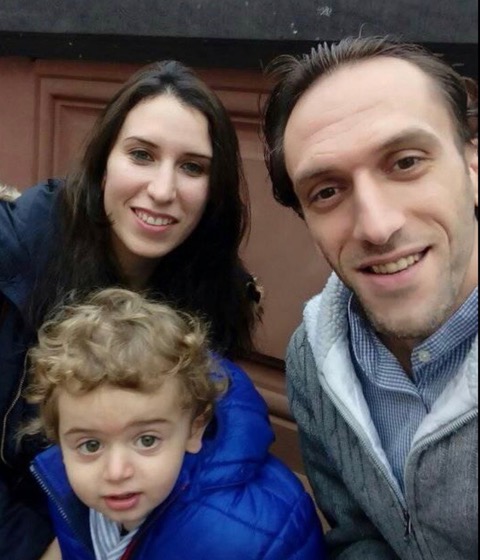
Haitham and Abeer are Syrians now living in Germany. They live with a local family with whom they now share very close bonds.
Living in Germany, they treasure democracy, freedom and care for everyone. Safety is of great importance. They appreciate the kindness shown to them and the order Germans experience in normal life. They were taken by surprise by the bureaucracy of the system, there is paper work for everything! They believe that Germans could learn how Syrian families care and support one another. They also think that Syrian food would be good for Germans!
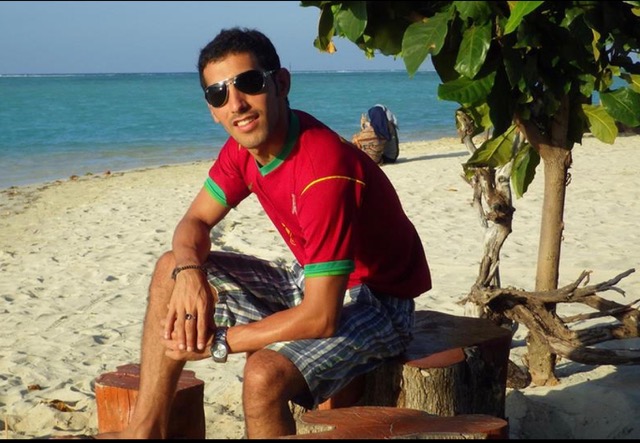
Yaser Naseri is an Iranian living in Australia. I asked him to share some insights into his life.
I miss many things. The family and friends, the neighborhoods, the streets and little alleys where I grew up. The trips with close friends and the smell of different seasons which is very different back home. The little villages I used to go for holiday. Gatherings with families and friends. I really miss part of Iranian culture. I love the freedom and the diversity here. I love the fact that people work hard for their goals and it seems they are more goal orientated and have plans compared to people of Iran. I love the advanced Tech which make people’s life very easy. I also love the beauty of this country at each corner of it whether it is the beach or bush or in the middle of the CBD. I love how they respect human rights at least for their people and provide all sort of support for people with different needs. I love that religion doesn’t rule here. Great democracy! I also love the education system with all the support they provide for their citizens.What is something that has really surprised you there?Well, cultural shock has happened to me for sure. High level of freedom was the first thing. The way people dress, the beaches that I was not used to full of girls with bikinis. One thing that was a real surprise for me was when I learnt what had happened to aboriginals here and a greater surprise when I figured it was so recent, (maybe 50 years ago). it was shocking and still is! The level of directness people have here is surprising too.
One aspect of Iranian culture that Aussies should adopt and why?I believe individualism is killing people here. It is mentally effecting people very badly. I found many people are lonely and suffering from anxiety. I personally can feel it here. On the other hand, in Iran we are the opposite. The culture is based on togetherness. Respect to elders, lots of gatherings, close relationship with relatives. I would drop a bit Iranian culture here and would make it perfect!
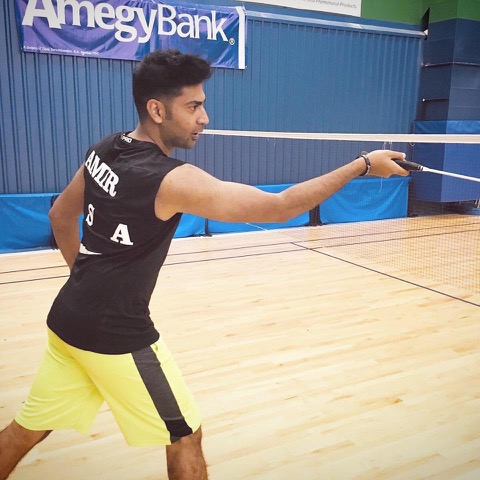
Amir Solangi is a Pakistani living in USA. He misses daily (family??) members and the respect that people generally give one another. In America, “I can live without being afraid for my life”.
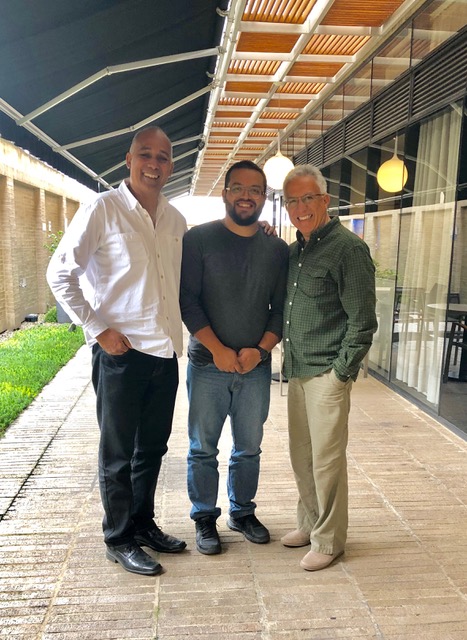
Angel Rafael Arellano is my cousin living in Bogota, Colombia. His successful consulting business had to close down and at 48 years of age, he had to start from scratch. He misses his wife, kids, parents and siblings. He also misses his friends and close acquaintances. He has enjoyed the prosperity of the city and the strong economy of the country. Most pleasant surprise is the fact that all basic services are available. Loneliness is an ever present challenge.
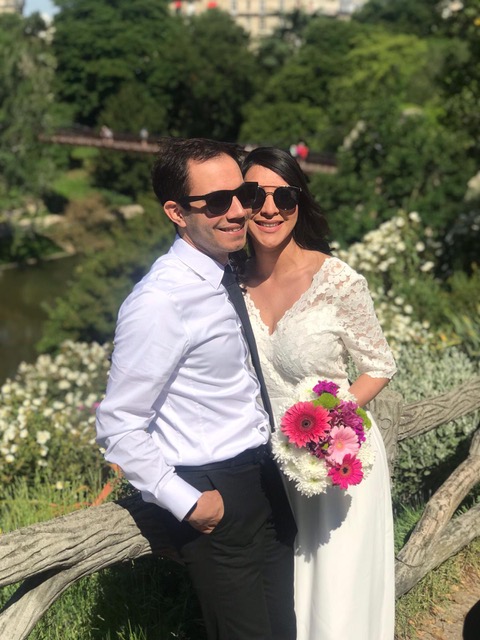
Daniel and Dayana Fernández, Venezuelans living in Paris. Daniel is my cousin. He is a chef. They recently got married. Life has been safe but hard. Work, work, work. Dayana arrived recently and after her documents were in order they got married. She has struggled with language and a sense of fitting in. They live very modestly in a very small studio with a table and a bed for furniture. The costs are very high but in Paris they need not fear for their lives. They dream of returning home.
